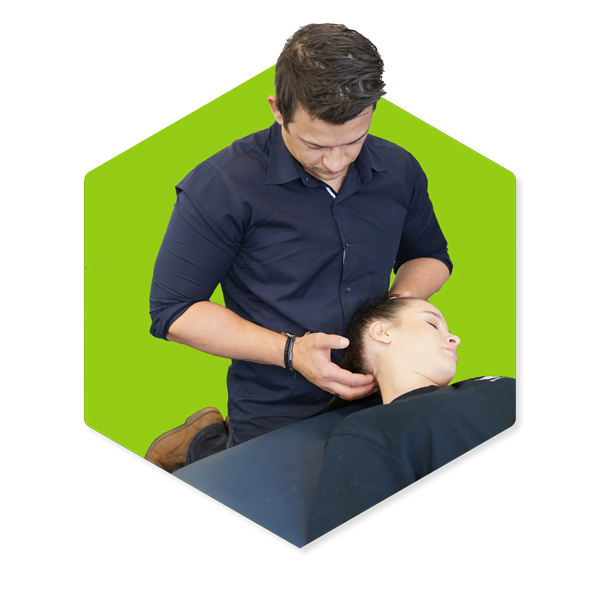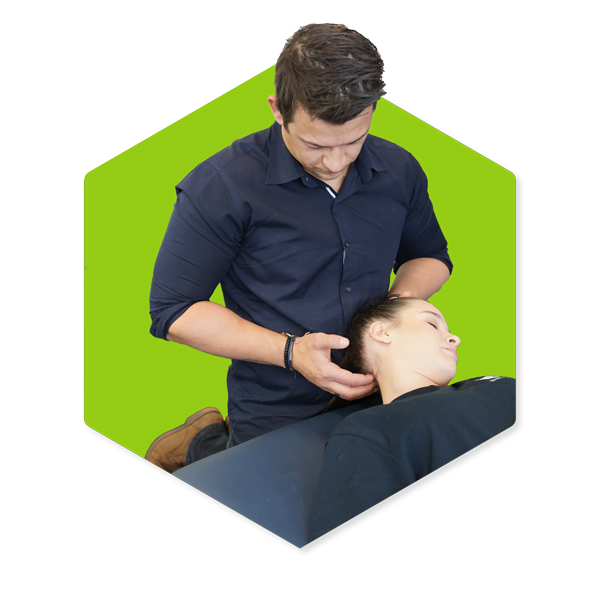In the heart of Gladesville, Brain and Body Health is pioneering child neuro rehabilitation services that underscore a fundamental aspect of child development often overlooked: the integration of primitive reflexes. Understanding the persistence of these reflexes and their impact is crucial for fostering a child’s cognitive, motor, emotional, and social development.
Primitive Reflexes: Gatekeepers of Development
Primitive reflexes are automatic movements directed from the brainstem, designed to assist in the birthing process and the early stages of development. However, their persistence beyond infancy can signal structural weaknesses or developmental delays, potentially hindering various aspects of a child's growth.
Why Integration Matters
Cognitive Development: Retained reflexes can create barriers to learning, affecting how a child reads, writes, and even listens in class. Integrating these reflexes can open the door to improved information processing and academic performance.
Motor Skill Development: Activities requiring mature motor skills, such as writing or sports, can be significantly impacted. For example, a child with an unintegrated palmar reflex might find grasping a pencil challenging, affecting their writing ability.
Posture and Balance: A child’s ability to maintain posture and balance, crucial for daily activities like sitting in class, can be compromised. The STNR reflex, if not integrated, may disrupt the coordination between the upper and lower body, making it difficult to sit still or navigate physical spaces comfortably.
Emotional Regulation: Some reflexes are directly linked to a child's emotional responses. Children struggling to integrate these reflexes might exhibit heightened anxiety, sensitivity to sensory input, or difficulty in calming themselves.
Eye-hand Coordination: The ATNR reflex plays a significant role in developing eye-hand coordination. If retained, it can hinder a child’s ability to engage in activities requiring this skill, such as catching a ball or writing efficiently.
Social Skills: The behavioral and emotional challenges arising from retained reflexes can affect a child's social interactions and self-esteem, leading to difficulties in forming and maintaining friendships.
Long-term Impact on Learning and Daily Activities
The persistence of primitive reflexes not only affects early developmental milestones but can also impact complex learning and daily activities as the child grows. Children might face challenges in problem-solving, participating in sports, regulating emotions, and engaging in social settings due to these unresolved reflexes.
Addressing the Root Cause
Brain and Body Health, utilizing methodologies like the Melillo Method for Child Development, emphasizes the importance of early identification and intervention. Through specialized exercises and therapeutic techniques tailored for child neuro rehab in Gladesville , our dedicated professionals work towards integrating these reflexes, ensuring a solid foundation for all facets of development.
Moving Forward
For families noticing signs of developmental delays or challenges in their children’s cognitive, motor, emotional, or social development, exploring the integration of primitive reflexes could be a key step forward. At Brain and Body Health, we’re committed to providing comprehensive child neuro rehabilitation service s that address these foundational aspects, guiding each child towards their fullest potential.
For more insights into how integrating primitive reflexes can transform your child’s development, visit us at Brain and Body Health in Gladesville. Together, let’s pave the way for a brighter, more balanced future for your child.






Comments